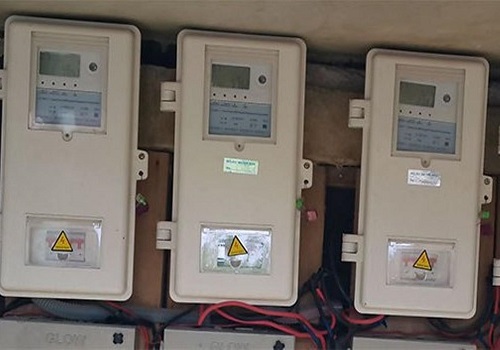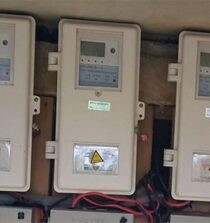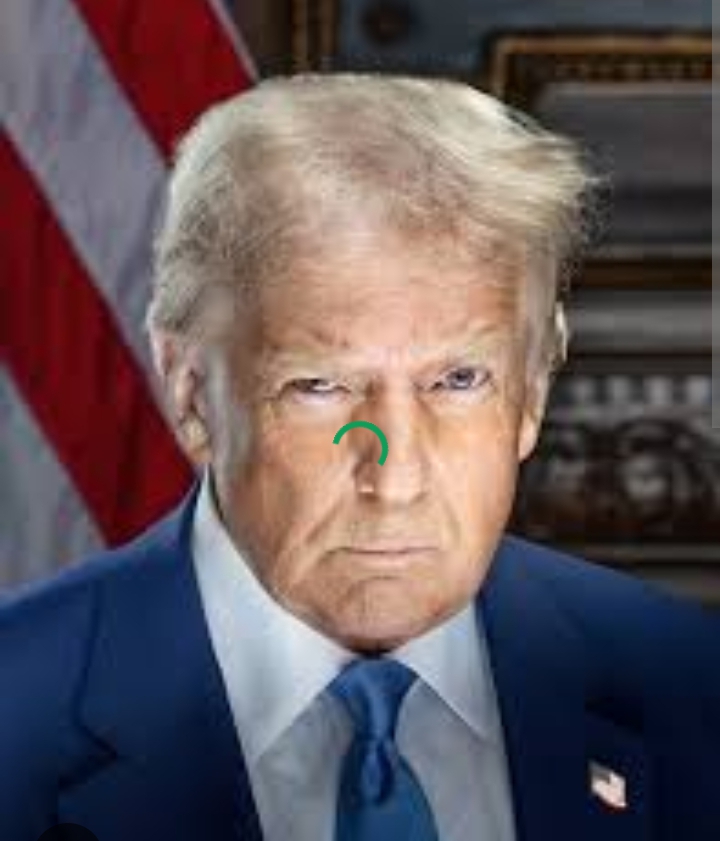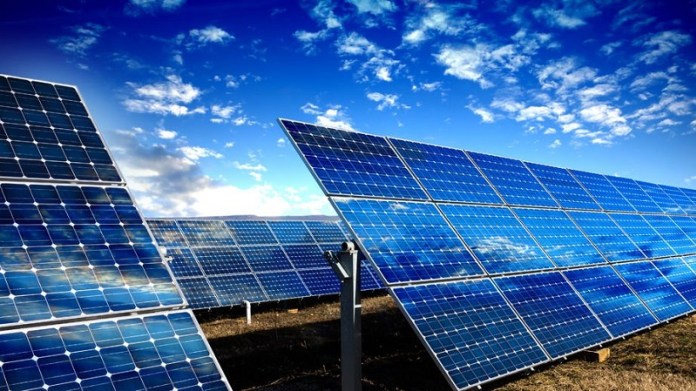By Sunday Onyemaechi Eze
Nigeria is a nation with a long history of perennial challenges of public power supply. The country seems to have unfortunately accepted the anomaly as part of its national life. Since one came of age, the power sector bears the trade mark of inefficiency. The problem of insufficient power supply has remained unchanged. The old reasons adduced for poor performance in the sector more than two decades ago are not different either. Despite the poor supply situation, citizens still pay through their noses for an underperforming power sector which delivers little or no quality services. Many Nigerians cannot remember a time when they enjoyed constant public power supply up to 15 hours per day. A lot of money has been spent and much more is still allocated to the power, sector but no remarkable progress has been made.
What ordinary Nigerians constantly experience is poor service outcome, routine tariff increase and general inefficiency. The latest assault on Nigerians is the announcement of new tariff regime and classification of customers, currently placed on new categories of bands A-E. The citizens had no input when decisions were taken on this band classification. Effective from April 3rd, the charges of selected customers on Band ‘A’ has increased to over 300 percent. Days after, the Federal Government has hinted on extending similar measure to other band categories.
The unit cost of electricity for those placed on Band A was jacked up from ₦68 per kWh to ₦225 per kWh excluding VAT. Those on other bands are denied electricity supply in a failed attempt to meet up with the obligation to band A customers. The prevailing lie in government circle was that the increment only affected a small percentage of Nigerians and that government still subsidises electricity. Officials implementing government policies are often economical with the truth regarding the impact of anti-people policies. In this case, the only thing that matters to them is saving without considering the economic impact of such savings on the well-being of the people.

Government failed to understand that industrial customers whether big, medium or small placed on Band A will factor in the cost of fuel, diesel and the increase into the prices of the goods and services they provide. Therefore, whether customers are placed on Band A or other categories with or without electricity, the burden of every company’s expenses is transferred to the ordinary people, namely the customers/consumers.
When will government concede to the mood of the nation and inputs of the masses before taking any decisions on issues directly affecting them? Pundits say the band idea is a ploy to assist the cash-strapped Discos to raise fund. This is happening in a country where power outages last more than 24 hours daily or even days in most places. It is also happening in a country where the national power grid had collapsed more than 58 times between 2017-2023. How could government remove subsidy on electricity, but goes on to subsidise hajj fare to the tune of over N90bn? Is Nigeria ready to move from a poor nation to a developed one?
Nations occupying the front row in industrial growth and development attain such feat with serious investment in power supply. There is no gain saying the fact that, access to uninterrupted public power supply has become a tall dream in Nigeria. The more money is spent on the sector, the worse it becomes. Bogus contracts entered into by government with industry players like Siemens to remedy the situation has suffered several set-backs, and the end is not yet in sight. The long wait for remedy continues while government officials have often admonished citizens to keep hope alive. Both past and present governments do not seem to have a grasp of the fundamental problems bedevilling the power sector. If they do, Nigeria cannot be shamelessly talking about 4,500mw of electricity since 1960.
One major problem facing the sector is the appointment of people without requisite knowledge and experience. The endemic corruption in the sector and lack of purposeful goals have also contributed to the obvious failure. Almost all ministers of power since 1999 except Engr. Bello Suleiman were/are square pegs in round holes. They were/are green horns occupying compensatory political positions earned on recommendation or political party affiliation. As novices, they come on board bereft of ideas or blueprint to drive government agenda. It is a disservice appointing an accountant or a lawyer as minister of power.
Policies often put in place by these appointees to address the challenges are mostly badly thought out, externally influenced or geared towards inflicting more pains. Since year 2000, tariff increase has been the only visible item dominating and governing the Multi-year Tariff Order (MYTO) while other germane issues like customer privileges are relegated to the background. In fact, Nigerians wake up to multiple tariff upward reviews every two to four years without additional power infrastructure to support the aging ones or addressing the needs of several rapidly expanding communities.
There is no home grown solution to the intractable problems of power except borrowed directives handed down by World Bank or the International Monetary Fund (IMF). These borrowed ideas deepen and worsen the economic woes of the poor citizens. A country where little children always jump up in excitement and shout “Up Nepa!” when public power supply is restored after days of blackout has no business increasing the cost of electricity or services not adequately rendered. Those in charge should go back to the drawing board, comprehensively work hard to improve on the sector instead.
The power sector was painfully balkanised, claimed and annexed in favour of some highly placed individuals just like the Europeans did to Africa in the 1885 Berlin Conference. The companies were shared as business status symbol serving the interest of a few. Provision of excellent services for Nigerians was secondary on the power sector reforms agenda. How could a country allocate such all-important national asset to incompetent, non-experts in government or their associates whose interest only hinges on making quick money. The Nigerian bidding system is so magical that one wonders how these ill-prepared investors schemed their ways through the processes without anybody flagging their glaring incompetence. The process deliberately accorded certain privileges to bidders/owners who cannot differentiate between a fuse and feeder pillar.
The country should as a matter of urgency innovate and diversify in areas of power generation. This could be regionalised based on the corresponding resources within every geographical zone. The Northeast is blessed with potentials in solar energy. The Northwest is endowed with the blessings of hydro-electricity and wind. The Northcentral can boast of a good level of coal deposit and resources for hydro-power supply. The Southeast is blessed with little water, gas and abundant coal deposit. The Southsouth and Southwest have resources in hydro-power and gas. The world is going green and Nigeria has to run with the idea together with the world.
Unfortunately those at the helm of affairs and friends of people and institutions close to the corridors of power have only succeeded in allowing the sector to thrive, but generally restricted it from flourishing. They have succeeded in bringing the sector down on its knees and resorted to untenable ideas and prescriptions not peculiar to Nigerian circumstances. With the enormous human and financial resources invested in the power sector, after 63 years of existence, Nigeria has no business being in the league of nations lacking adequate power supply.
This electricity tariff increase is ill-conceived and equally ill-timed. It should be halted. Let Nigerians breathe.
• Sunday Onyemaechi Eze, a Media and Development Communication Specialist, writes via sunnyeze02@yahoo.com









